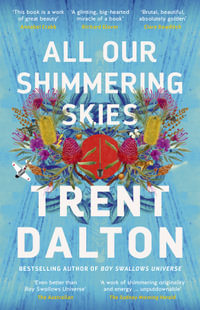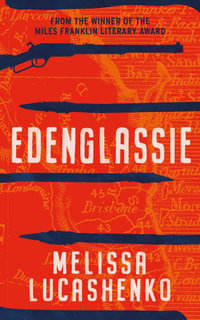5.0 out of 5 stars
I can not praise this book enough, it is definitely on my repeat-to-read list.
By Anne on 17 Jan. 2017
An innocent question by a curious nephew unlocks the most vivid and painful memories of old Uncle Omar. Omar's memories take him back to the year 974 AD. That was the year where he met the love of his life, but unfortunately for him, she belonged to another. His forbidden love sets off a chain of events that he could never have foreseen, and it takes him on a journey that he never expected.
What an evocative and emotional read Book One of the Al-Andalus Series is. The Shining City is one of those rare gems, where the writing is exquisite, the story is captivating, and the protagonists are memorable.
Fallon caught my attention on the first page and continued to hold it throughout this beautiful story. I adored the characterisation of Isolde. She is so strong of spirit - despite witnessing her mother's brutal murder, as well as suffering the indignity and fear of captivity. Isolde survives the horror of the slave markets and ends up in the harem - life as she knows it is over. Isolde was so believable, so well crafted as a character that I don't think I will forget her in a hurry.
The Shining City reminded me greatly of Margaret Landon's, Anna and the King - albeit a Dark Age version - it has the same sense of grandeur and also despair. This book took my breath away. The descriptions were so vivid, and the history was so elegantly told that it was as if Fallon had opened a door and beckoned me into this world that she has created. I must say that Fallon is the most remarkable tour-guide for 10th Century Spain.
I can not praise this book enough, it is definitely on my repeat-to-read list. I Highly Recommend.
Barbara
5.0 out of 5 stars
A Wonderful Insight Into Cordoba 945
Reviewed in the United Kingdom on May 12, 2018
An interesting and quite complex plot written within a historical period of Cordoba, Spain. For me, a fascinating insight into the Moorish era of 945, with its associated living conditions, requirements and strong religious beliefs. The fictitious characters brought the story and facts alive and provided excellent insight into the people's thoughts, behaviours and individual practices. In addition, evocative descriptions of scenery, atmosphere and personal feelings. The novel gained momentum as it progressed, with the quite exciting battle descriptions and prevented the book from being a straight historical account of facts and events.
Now, I wish to return to Cordoba for yet another visit, as well as read the next two novels in the Al Andalus series.
























